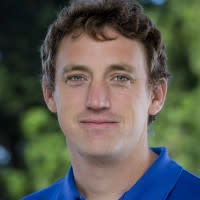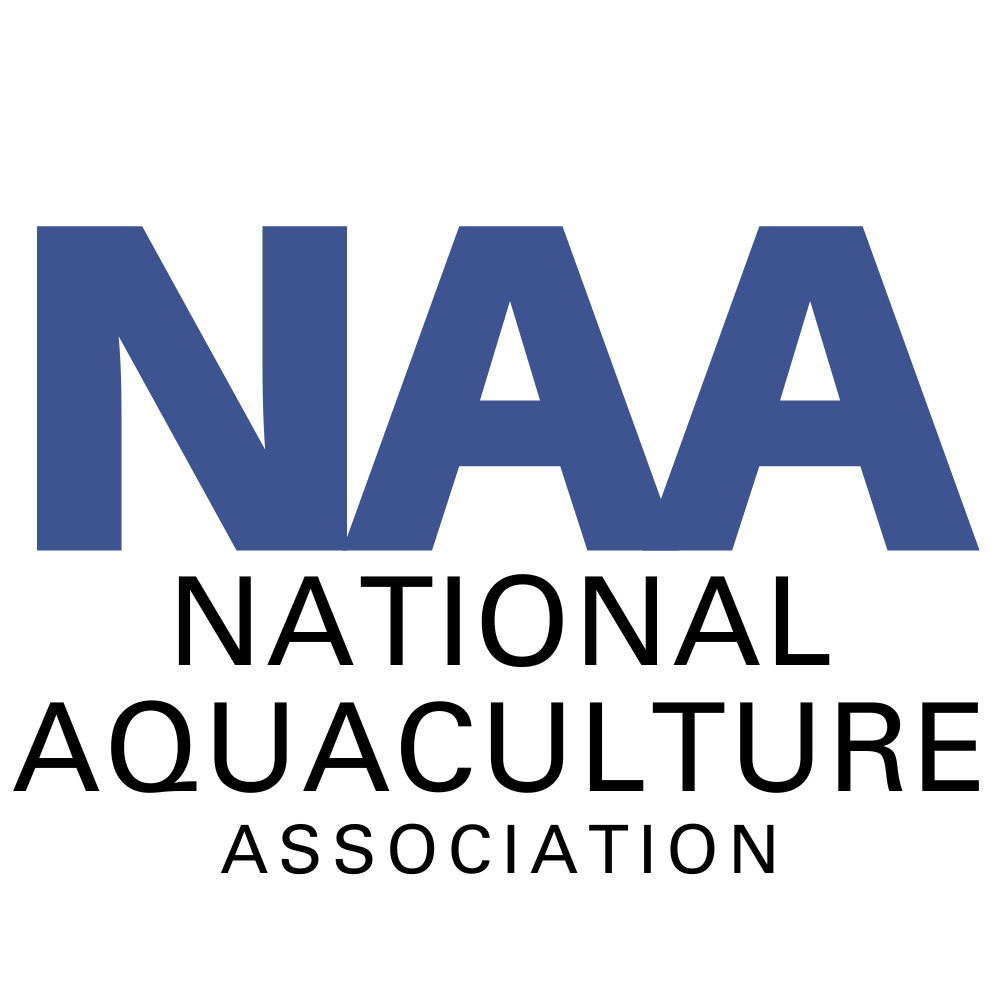
Understanding How the Pacific Understands Aquaculture
California Sea Grant is leading a collaborative effort to assess and strengthen public knowledge of aquaculture.
Across the globe, aquaculture is the fastest-growing sector in food production — but the United States stands as an outlier. Although we are the world's second-largest consumer of seafood, the U.S. only produces 1% of the world's farmed seafood. That adds to our $20.3 billion seafood deficit, indicating the value of fish and other seafood imported from elsewhere to reach our dinner plates.
This is a missed economic opportunity for U.S. coastal communities, says Luke Gardner, a California Sea Grant extension specialist at Moss Landing Marine Laboratories. It also constitutes a potential ecological problem, since some supplier countries have less stringent environmental protections than the U.S. Gardner thinks that often outdated negative views are often limiting the growth of sustainable U.S. aquaculture.

Luke Gardner, California Sea Grant Extension Specialist
“Because of those lax standards, there are places in the world where aquaculture has substantial negative impacts,” Gardner notes. “But the industry here in the U.S. has adapted and become so much more sustainable over the past two decades.” Given the U.S. West Coast’s long coastline and plentiful technological resources, aquaculture could be especially impactful here.
Gardner is unsure whether the few loud critical voices reflect the general thinking in U.S. coastal communities about aquaculture. That’s why California Sea Grant, in collaboration with researchers from Alaska, Oregon and Hawai’i Sea Grant programs, is developing a rigorous large-scale survey that will evaluate public perceptions on a more granular scale than most national assessments. The results will be used to inform an outreach program. “We need to understand what the public thinks, and then address those perceptions — whether they are accurate or not,” says Gardner, who serves as the team lead.
Earlier this month, the National Sea Grant Office picked the project as one of three projects across the country to create regional aquaculture communications and literacy collaboratives. Kevin Marquez Johnson, a California Sea Grant Extension Specialist based at California Polytechnic State University, San Luis Obispo, also serves on the project team, alongside extension professionals from University of Southern California Sea Grant, Oregon Sea Grant, Alaska Sea Grant and Hawai’i Sea Grant. The results will be shared with all regional Sea Grant programs.
“We wanted to get a full sweep of the Pacific coastline,” says Johnson. “We want the resulting information to be as useful as possible, but also tailored to specific communities.”
To that end, the survey — which will be designed by RM, a research firm that specializes in environmental issues — will combine core questions shared across all geographies with state-specific questions targeting local issues and contexts. At least 800 interviews will be completed in each of the four participating states, conducted by phone and online for the widest possible coverage.
Once the responses have been analyzed, the team will create outreach materials that address misperceptions and knowledge gaps. Collaboration with state aquaculture associations will increase the team’s ability to capture the needs of diverse industry members and identify appropriate audiences for each outreach product. These materials, too, will vary by state, but will include social media posts, videos, public science lectures, community dinners and school visits.
“Good education regarding the aquaculture industry is essential,” Gardner says. “But we can only provide a good education if we know what people need to know.”
The project is two years in length and is due to start September 2024 pending delays in receiving project funds and will finish by September 2026. The project team will be looking to co-develop the survey and resulting outreach products with the aquaculture communities in each of the states.
If interested please reach out to the Sea Grant project leads for the relevant state on how to engage:
Luke Gardner, California Sea Grant, lgardner@ucsd.edu
Kevin Marquez Johnson, California Sea Grant, kjohn263@calpoly.edu
Amalia Almada, University of Southern California Sea Grant, amaliaal@usc.edu
Angee Doeer, Oregon Sea Grant, angee.doerr@oregonstate.edu
Melissa Good, Alaska Sea Grant, melissa.good@alaska.edu
Bradley (Kai) Fox, Hawaii Sea Grant, bradleyf@hawaii.edu
Additional Info
Source : https://caseagrant.ucsd.edu/news/understanding-how-pacific-understands-aquaculture
